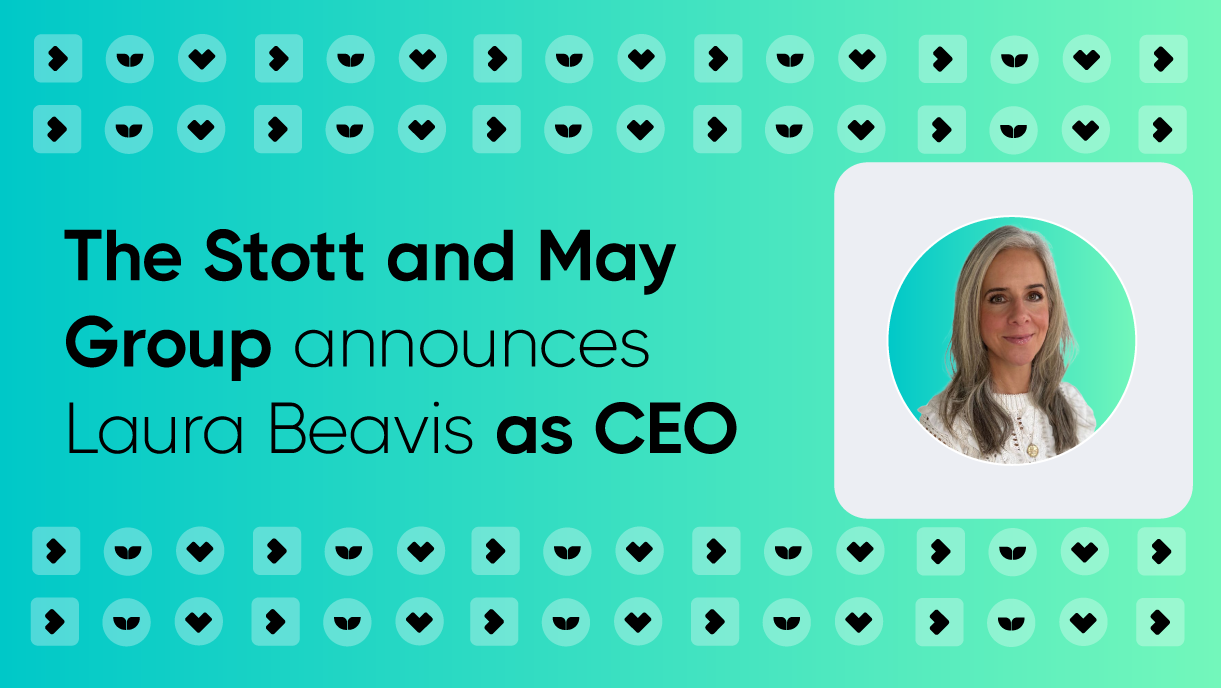The primary objective of any interviewer is to make sure you get the best out of every candidate you meet, but sometimes it’s interesting to throw in the odd ‘curveball’ question. These questions are designed to help you get a deeper level of insight around candidates and their potential.
Due to the broad range of backgrounds and skillsets migrating towards the area of customer success, it will sometimes be necessary to find potential diamond candidates in the rough. We asked our network of hiring managers to give us some of the curveballs they throw into an interview. Here are our top five curveball customer success interview questions.
#1: Tell me about yourself...
This is a great interview question to open with when interviewing for a Customer Success Managers simply because it is so open. It helps to identify whether your candidate has the ‘qualifier’ trait. Will they ask you to narrow down the question to relate to their work experience or personal interests? Or will they launch into a 10-minute narrative around their life story? Customer Success Managers need to be strong communicators and that means being able to qualify a requirement and adapt their response accordingly. Customer Success Managers are problem solvers by nature and this question helps to separate those that can get to the detail of a customer requirement from those that can’t.
#2: Put the following in priority order: the business, the customer, yourself...
There’s likely to be a bit of a debate as to the right answer to this question but ultimately, it’s a bit of a confidence test. Hiring managers have told us that 99% of candidates will place the customer as number one priority. That stands to reason. They’ve applied for a job in customer success and want to put the client at the heart of everything they do. But are they just telling you what you want to hear? Are they likely to have the confidence to push back on a customer or hold them accountable for actions? It’s great to be passionate about the customer but hiring managers tell us it’s the confident 1% that put themselves first, to do their best for the business, to meet the requirements of the customer that often go on to be the real success stories in this discipline. Those that answer in this way demonstrate an important ‘leadership’ trait by their willingness to stand out from the crowd.
#3: How can you tell whether a customer is happy or not?
This question opens the door to understanding whether your candidate is data-driven or will simply take things on face value. It’s the proactivity test that uncovers the ‘forward thinking’ trait. Strong candidates will come back to you with answers around the hard statistics of user adoption rates or how the customer is progressing against their mutual success plan. They may even mention the new use-cases that a client has potentially unlocked or how the customer is assessing their maturity against industry benchmarks. It’s this level of factual discussion that helps separate the proactive from the reactive. The danger of a face value approach is that by the time a customer is telling you that they need to be ‘saved’ it’s often too late to save them. Customer Success Managers may come into an interview pointing to how they’ve saved a customer, but the reality is that it should never really get to that stage. One hiring manager we spoke to stated that we are not looking for heroes in customer success to come in and save the day. We need individuals that will avoid the need for last minute heroics through proactive behaviors.
#4: When was the last time you asked someone for a favour? What did you need? How did you go about it?
One of the primary responsibilities of a strong Customer Success Manager is to bring together the right internal resources on behalf of the customer. That means we need to identify the ‘networker’ trait in a strong candidate. The ability to build relationships is a pretty hard thing to teach and candidates who possess this as a core competency will be at a distinct advantage in this discipline. Focus in on how the candidate brings other stakeholders on-board with their agenda. How do they win the hearts and minds of others? Are they committed to building sustainable relationships? Being successful in customer success is all about bringing the right people to the table at the right time.
#5: How many customers do you think you should manage?
This is an interesting question, particularly for candidates who have previous experience in working within customer success functions. The response is going to give you an indication of the type of customer success manager they are at the moment, whilst also highlighting potential areas of development going forwards. We are looking for the ‘strategist’ trait here. If the candidate responds with a relatively low number of customers (say 3-10) then you know your likely to be dealing with someone who has taken a fairly proactive, hands on role with clients in the past. That leads the conversation on nicely to the associated best practices of managing a very targeted set of strategic accounts. If it’s a high number (we’ve heard numbers as high as 120 accounts per CSM) then it might be a case of understanding how they’ve found that type of environment and how much value they’ve really been able to add whilst being stretched quite thinly. It’s obviously not a candidate’s fault if they’ve come into a high volume customer success function, but at that point you’ve got to hone in on whether they’ll be strategic enough or proactive enough.
If you're looking to scale your customer success function why not check out our latest report entitled: So you want to be successful in Customer Success?
***NOTE OF CAUTION WHEN USING THESE INTERVIEW QUESTIONS***
Your role as the interviewer is to get the absolute best you can out of the candidate and give them the perfect platform to share their experience. Do not derail the interview by asking too many 'curveball' questions.






